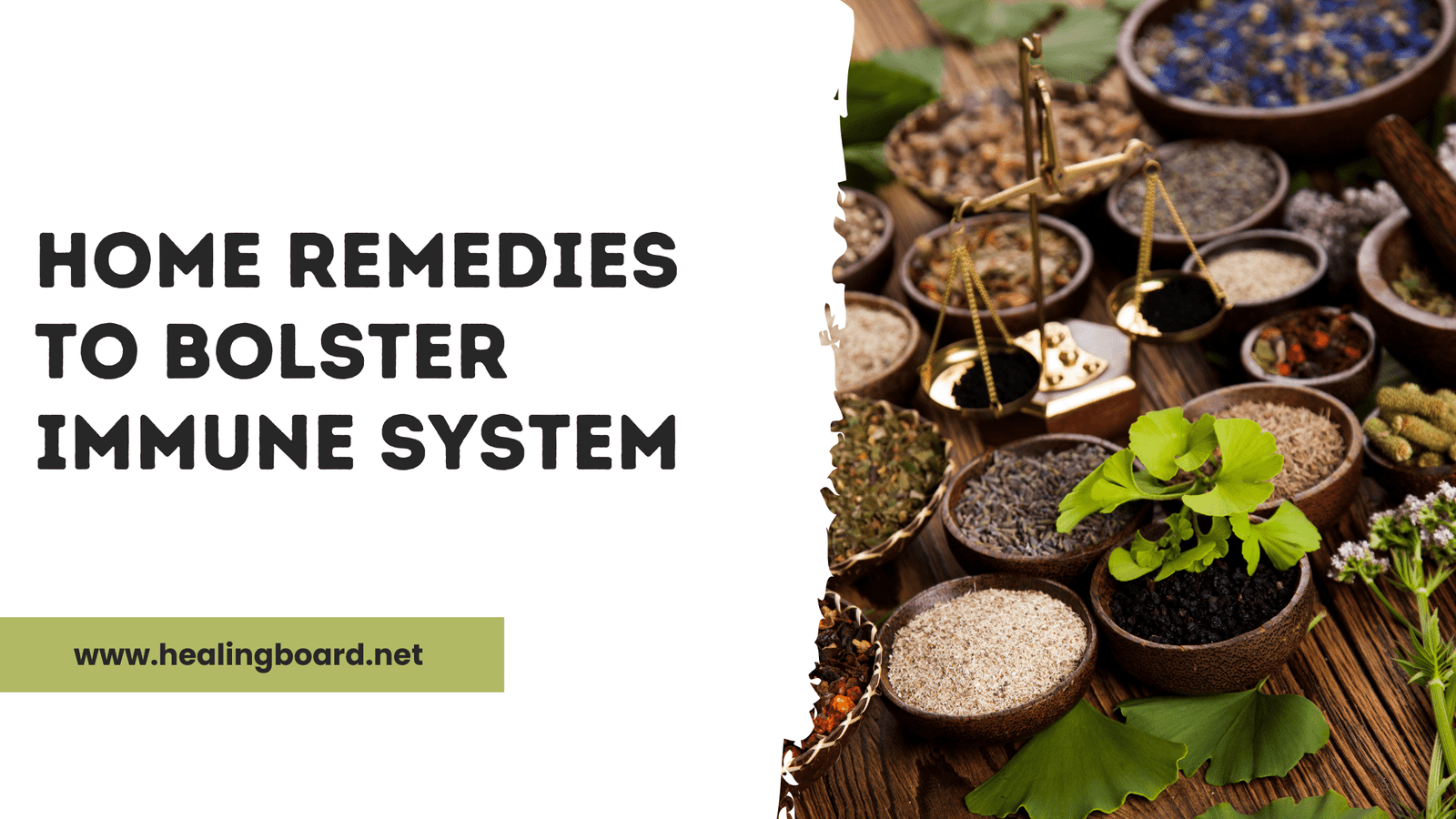As a licensed natural health expert in Traditional Chinese medicine (TCM), my area of expertise is in herbal remedies for health and well-being. I get asked a lot of questions about herbs that can help the immune system.
In this article, I’ll answer some of the questions I often get and explain what herbs can help and have been used for thousands of years to support and bolster the immune system. Below I answer some of your questions from a TCM perspective and advice on the topic:
As COVID-19 and flu numbers are on the rise, what can people take daily to improve immune function?
Chinese medicinal herbs have been shown to help support the immune system. During the pandemic in 2020, one of the most recommended preventative formulas by us Chinese medicine practitioners in helping boost the immune system was “Jade Screen Formula” ( Yu Ping Feng Wan in Chinese).
This formula contains three herbs astragalus, siler and atractylodes that when combined together are known in TCM to expel early pathogens, support digestion, and bolster the immune system to help prevent sickness.
For more detail:
Astragalus (Huang Qi) is one of the most used tonics for strengthening the immune system. It is known to “tonify wei qi”, which is the TCM way of saying it enhances the body’s resistance to infections, and supports overall vitality.
Siler (Feng Fang) is known as Wind-Protector Root. Autumn’s seasonal changes bring about more windy weather which carries bacteria and pathogens. Siler has a dispersive quality that releases the surface of the body to create a protective barrier against external pathogens in the air.
Atractylodis Root (Bai zhu) helps improve and support digestion. In TCM, a strong digestion is considered essential for a healthy immune system. It assists in transforming food into nutrients, qi and blood, which are the foundation of immune health.
Together, these three herbs work synergistically to help in several areas of the immune system.
Can hot soups or herbal teas help relieve cold or flu symptoms?
Yes, in TCM we often use strong herbal teas to help relieve cold and flu symptoms, however, because a majority of flu fighting herbs used in Chinese medicine won’t be found in your local grocery below is a list of more gentle but commonly known herbs we use in TCM that may be found in health food and supplement stores.
Honeysuckle Flower (Jin Yin Hua): Honeysuckle has antimicrobial properties and is used in TCM to clear toxins from the body to reduce sore throat, fever, and headaches that often accompany colds and flu.
Chrysanthemum Flower (Ju Hua):Chrysanthemum in TCM is used to dispel flu early onset flu symptoms like headaches, and also is known to help relieve eye irritation or redness accompanied with colds and flu.
White Mulberry Leaf (Sang Ye): White mulberry leaf is known for its ability to support the Lung by clearing heat types of pathogens (like those that can cause yellow sputum and discharge), as well it helps moisten dryness in the lung for dry coughs. In TCM, it is used to soothe sore throats, reduce coughing, and lessen dryness in the throat.
Magnolia Flower (Xin Yi Hua): When colds and flu create nasal congestion and sinus issues, magnolia flowers can help open the nasal passages, promote the flow of Qi (energy), and relieve symptoms of stuffy nose and sinus headaches.
Fresh Ginger: Simply the most easy to find and versatile herb, ginger is also used in TCM for its warming properties to help induce sweating and release fever, as well as alleviate chills and nausea.
In TCM, herbal combinations are often used to create a balanced formula that addresses multiple aspects of an individual’s condition. These herbs are typically prescribed based on an individual’s specific symptoms, constitution, and the nature of the pathogen involved.
For soups, adding or increasing green onion, garlic or ginger to your favourite soups can help fight colds and flus due to their warming nature that supports the digestive and respiratory system.
What about adding turmeric to foods or drinks?
In TCM, turmeric is considered a herb that can help promote blood circulation and also has warming properties that help expel wind and cold elements that can lead to cold and flu.
Precautions on taking turmeric: As turmeric has an effect on blood circulation, people taking anticoagulant medication should consult their practitioner.
What role can sleep play in bolstering the immune system?
Chinese medicine principles place great importance on the body’s natural circadian rhythm. Sleep is a crucial element in this rhythm because the body uses its energy during sleep to regenerate and detoxify to support the immune’s defense systems. Any disruptions in sleep patterns can impact circadian rhythms and weaken immune responses.
What do you recommend people eat or drink if they’re feeling under the weather?
Many local Chinese grocery shops often carry a product called Ganmao Qingre Keli (Cold and Flu Granules) that contains a mixture of strong herbs known in TCM to help fight cold and flu symptoms and support the immune system. These granules are mixed in water and drank as a tea. I recommend taking these granules as they’re easy to mix and dissolve in warm water, making them very convenient.

